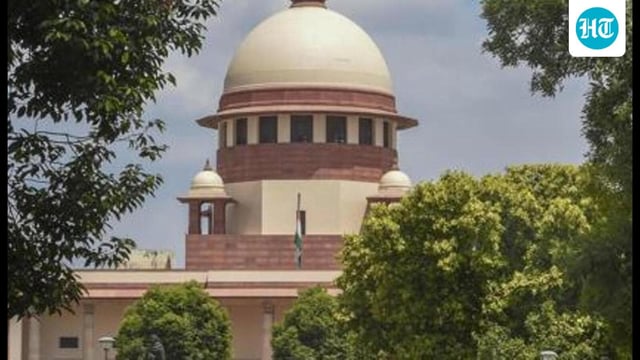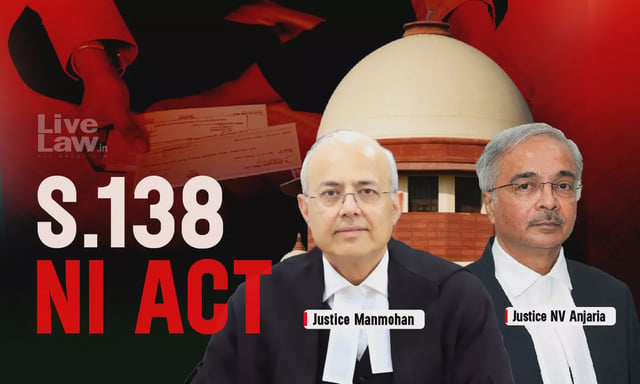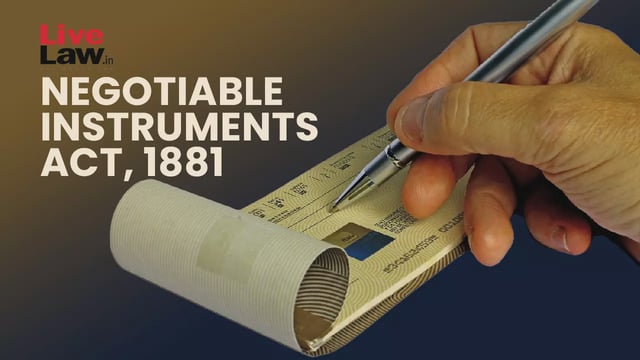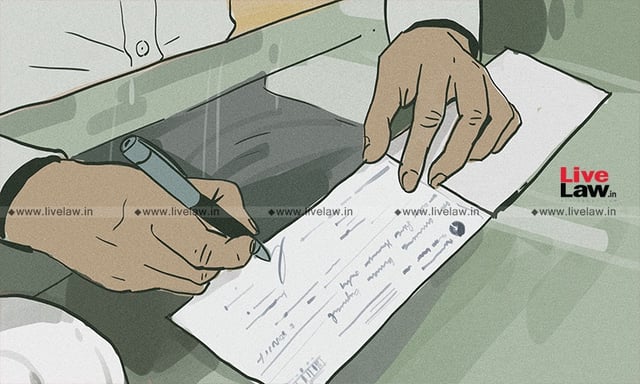Overview
- India’s Supreme Court unveiled new directions to dispose of Section 138 cases at the threshold where possible, including immediate closure if the accused pays on the first day and expanded electronic service with verified contact details.
- The court ordered QR/UPI payment facilities in trial courts, required one-page case synopses, allowed limited virtual hearings before service, endorsed pointed initial questions to the accused, and said magistrates need not issue pre-cognizance summons.
- Compounding costs were revised to 0% if payment occurs before defence evidence, 5% after evidence but before judgment, 7.5% at revision or appeal, and 10% at the Supreme Court, with the bench also affirming eligibility for the Probation of Offenders Act.
- Citing NJDG data of severe backlogs (about 650,000 cases in Delhi, 117,000 in Mumbai, 265,000 in Kolkata), the Supreme Court directed dashboards, monthly reviews, and high court committees to monitor pendency and promote settlements.
- The njab & HaHaryana High Court ruled that non-deposit of the Section 148 minimum 20% cannot by itself justify denial of bail or block an appeal, and it asked appellate courts to decide such appeals preferably within 60 days and in any case within 90 days when inability to deposit threatens liberty.



